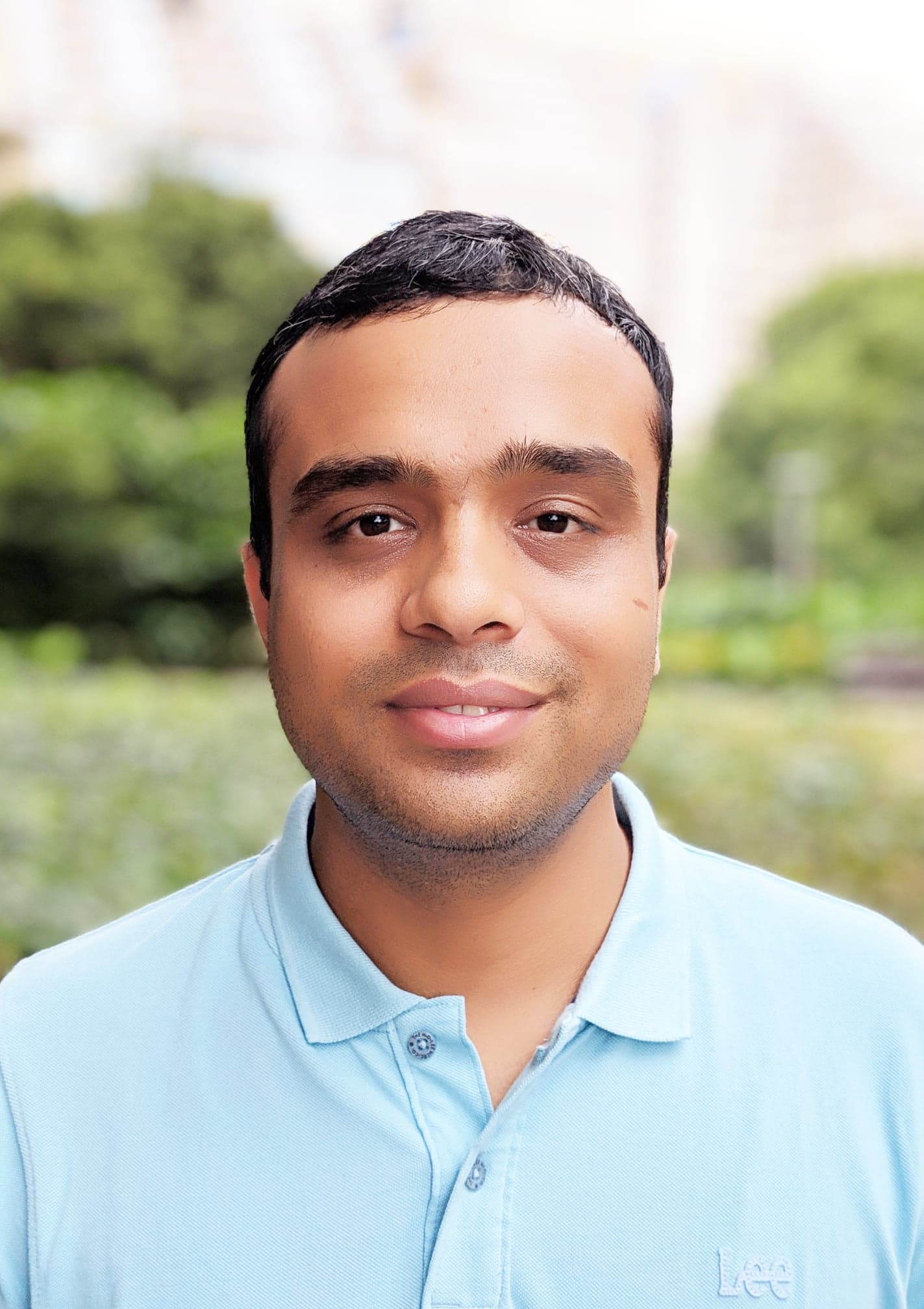
My Expertise
Waves in complex media, Metamaterials, Multiphysics numerical modelling, Acoustics, Vibration, Structure-acoustic coupling, Uncertainty quantification
Biography
I am a Lecturer in the School of Mechanical and Manufacturing Engineering at UNSW Sydney. I received a PhD from UNSW Sydney and an MS from the Indian Institute of Technology Madras. My research interests include wave propagation in complex media, metamaterials, acoustics, noise control, vibration, finite element methods, uncertainty analysis and optimisation. I currently teach finite element methods and fundamentals of acoustics and noise. I...view more
I am a Lecturer in the School of Mechanical and Manufacturing Engineering at UNSW Sydney. I received a PhD from UNSW Sydney and an MS from the Indian Institute of Technology Madras. My research interests include wave propagation in complex media, metamaterials, acoustics, noise control, vibration, finite element methods, uncertainty analysis and optimisation. I currently teach finite element methods and fundamentals of acoustics and noise. I have two years of industrial experience as an engineer at Eaton Corporation, a Fortune 500 company.
My Awards
Course coordinator award by Arc@UNSW
My Research Activities
The overarching aim of my research is to develop noise prediction tools and mitigation strategies. My current research activities are summarised below:
- Acoustic characterisation of metamaterials: Acoustic metamaterials are composite media comprising resonant inclusions arranged periodically in a host material. An underwater application of acoustic metamaterials is an anechoic coating on marine vessels to reduce the transmission of onboard machinery noise in the ambient marine environment as well as to absorb external acoustic waves. I have developed significant analytical and numerical capabilities to predict the acoustic performance of soft media embedded with voided and/or hard inclusions. My analytical approach is based on homogenisation, which is a powerful method to model an inhomogeneous structure as a homogeneous medium with effective properties. The analytical models employ analogies between disciplines such as acoustics, fluid dynamics and electrostatics. I have expertise in multiphysics finite element analysis, which I use to validate the analytical models.
- Marine vessels covered with acoustic metamaterials: While acoustic metamaterials have been widely studied in the literature, previous work has mainly focussed on their acoustic characterisation using a planar array of inclusions in a host medium. The external hull of a marine vessel can be approximated as a cylindrical shell for its acoustic characteristics. This project integrated these two fields and developed a fully analytical framework of a cylindrical shell coated with an acoustic metamaterial.
- Uncertainty quantification in acoustic metamaterials: Uncertainties are inevitable in design parameters of acoustic metamaterials arising from the manufacturing process and inhomogeneity of material properties. I have developed stochastic models based on nonintrusive polynomial chaos expansion theory and Monte Carlo simulations to investigate uncertainty in the material and geometric properties of metamaterials on its acoustic performance.
- Sound radiation from a submerged hull near free sea surface: This project developed analytical and numerical tools to predict the sound radiation from a submarine hull submerged in water near the free sea surface.
- Novel environmental noise control strategies: I demonstrated a novel concept of local noise control along specific receiver directions by controlling the directivity of the radiated or transmitted noise. This approach is particularly useful for practical low frequency noise where global noise control is difficult to attain. The directivity pattern of the radiated or transmitted noise was controlled by attaching a lumped mass to the structure. The mass location to minimize sound pressure in a target direction was obtained using an optimization technique.
My Research Supervision
Supervision keywords
Currently supervising
I am currently supervising the following PhD students.
Cikai Lin
Christopher Levin
Abhinav Konchery
Karthik Modur
My Teaching
In Terms 1 and 3, I convene MMAN4410 Finite Element Methods to 3rd and 4th year undergraduate students and postgraduate students. In Term 2, I teach MECH9325 to postgraduate and 4th year undergraduate students. In the past, I have taught advanced vibrations (4th year undergraduate), engineering mechanics (2nd year undergraduate), mechanical design (2nd year undergraduate), computer-aided design (2nd year undergraduate), engineering drawing (1st year undergraduate) and introduction to aircraft engineering (1st year undergraduate).
My courses have significant research-based components, digital learning modules and strong industry engagement. My combined industrial and academic experience enables me to effectively interlink theory and practice in my courses.